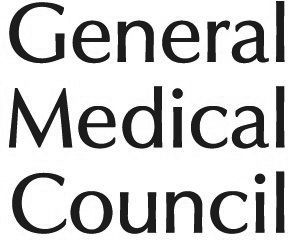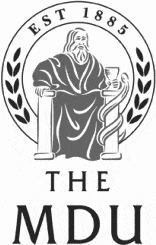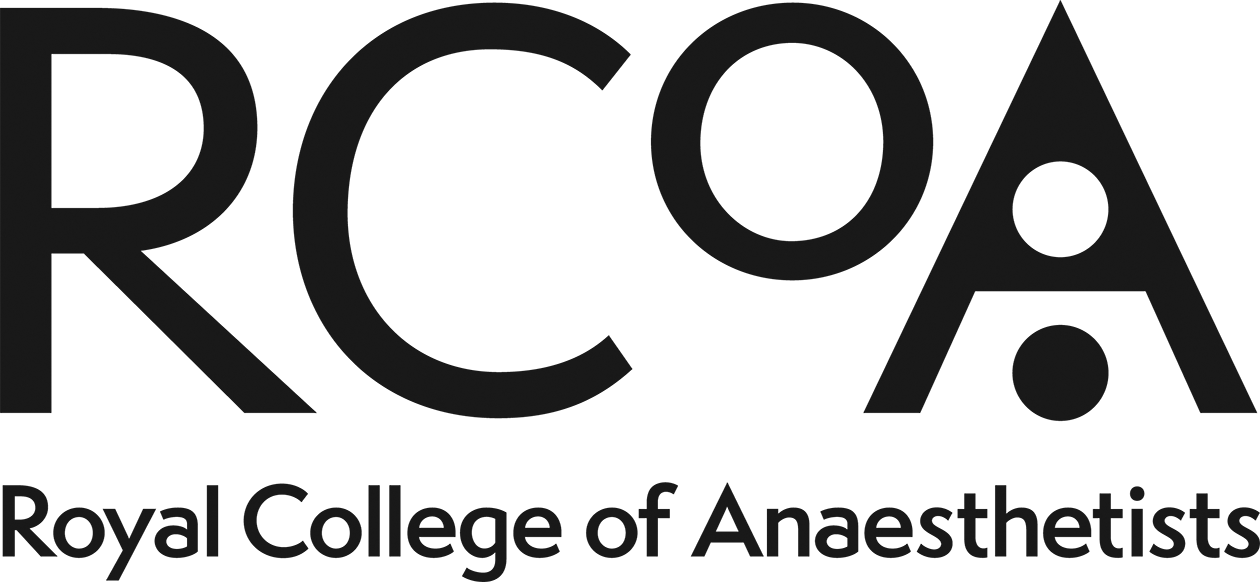Dr Meera Tewani, Pain Medicine Specialist
Dr Meera Tewani
Pain Medicine Specialist
Dr Meera Tewani MBBS, DA, MD, FCAI, AFFPM RCOA, BIMM trained
Pain Medicine Specialist
Dr Meera Tewani
Pain Medicine Specialist MBBS, DA, MD, FCAI, AFFPM RCOA, BIMM trained


Areas of expertise
- Chronic pain conditions; headache, back pain, thoracic pain, abdominal-pelvic pain, musculoskeletal pain and complex dermatological pain
- Neuropathic pain
- Pain after surgery
- Facet joint injections
- Lumbar sympathetic blocks



About Dr Meera Tewani
Dr Meera Tewani was appointed to Warwick Hospital in December 2009 after finishing her higher training in Anaesthetics and a Fellowship in Pain Management in the West Midlands. She trained in Pain Management as a Clinical Research Fellow in Birmingham Heartlands, Solihull, Good Hope and Russell Hall Hospitals, Marie Curie and St Giles Hospices.
She worked in Warwick Hospital and did the bulk of the Chronic Pain Management work for five years. She audited her work regularly using the Pain Audit Collection System software and by conducting her own audits. The audit results showed a positive outcome in majority of the Pain patients.
She moved to Heart of England NHS Trust in December 2014 as she was keen in developing the Pelvic Pain services. She works in the Pain service which covers a wide area in Birmingham both in the community and the hospital and does specialist Pain Clinics for complicated skin conditions. She also does many interventions to help pain patients.
Dr Tewani was a Council Member of the British Association of Musculoskeletal Medicine for seven years and has taught in their road-shows. She runs a national level course for the Faculty of Pain Medicine of the Royal College of Anaesthetists on examination skills for the Pain Specialist and has also taught these skills at local and regional levels.
She has taken up the role of Educational Supervisor for the Pain Fellow and is the lead for the Pain Module for Anaesthesia trainees. She regularly teaches in the FRCA tutorials for Pain.
She has a rich and varied experience in Anaesthetics of 28 years. She does flexible lists and as a trauma anaesthetist in Warwick she has helped in improving the outcome of very sick patients needing urgent surgery.
She has undertaken research on Neuropathic Pain and on the Pulse Transit Time. She was involved in the "PICASO Study" a project in Warwick University looking at "Pain; Improving Communication, Assessment and Satisfaction in Consultants". Her role was to provide expert advice and liaise with the research assistant during data collection at Warwick Hospital.
Dr Tewani also took part in the COPERS STUDY - "Coping with Persistent pain". This was research into self-management and was a multicentre study in Warwick University of which Dr Tewani was a co-investigator.
Dr Tewani provides a comprehensive interventional pain service. She does interventional procedures for chronic pain conditions which includes headache, back pain, thoracic pain, abdominal-pelvic pain, musculoskeletal pain. Examples of the interventions are facet joint injections, lumbar sympathetic blocks and sacroiliac joint injections, epidurals, nerve root blocks and trigger point injections. She can treat neck pain, nerve entrapment pain, neuropathic pain and persistent pain after surgery. She has an interest in neuromodulation which includes radiofrequency denervation of cervical, thoracic and lumbar facets and sacroiliac joints. She also does pulsed radiofrequency treatment of peripheral nerves.
Injections such as supraorbital, supratrochlear, infraorbital injections for facial pain, occipital nerve block for headache, pectoralis major and minor blocks, serratus anterior and latissimus dorsi block, paravertebral and intercostal blocks for thoracic pain; lower limbs nerve blocks and plexus blocks; anterior cutaneous nerve entrapment syndrome block, TAP blocks, ilioinguinal, genitofemoral, penile, obturator and pudendal nerve blocks for abdominal and pelvic pain; suprascapular nerve block, subscapular bursa injection for scapulothoracic syndrome and intra-articular shoulder injections for shoulder pain; intraarticular injections to the hip and knee joints, genicular nerve blocks and denervation for knee pain. She also does trigger point injections for muscular pain and scar infiltration for post- surgical scar pain. Most blocks are done either under ultrasound guidance or fluoroscopy guidance.
She has been a Pain Management Consultant for about ten years and has done the interventions mentioned on a regular basis. As back pain is the commonest site of pain, interventions that are done for back pain are more in number. She has a special interest in abdominal and pelvic pain and is doing injections in these areas increasingly in numbers.
She has written a business case for the development of pelvic pain and will lead this service when it takes shape. I have been involved with writing the ‘Anticoagulant guidelines for chronic Pain Interventions’ with the view to avoid unnecessary cancellations of interventions and to provide a seamless pathway for the patients journey.
She conceived and organised the Faculty of Pain Medicine Study day: ‘Musculoskeletal System Examination for diagnosing Pain Problems’ in the Royal College premises in London for the third time this year. This was oversubscribed for and was well received. This study day was held in Warwick Hospital before it became a College Study Day. This needed hard work and excellent organisational skills.
I have taken the Educational Supervisor’s role for the Pain Fellow and look after the training and educational needs along with being a mentor. I am also the Pain Module in charge for trainees and MTI students sitting the FRCA.
Areas of expertise
- Chronic pain conditions; headache, back pain, thoracic pain, abdominal-pelvic pain, musculoskeletal pain and complex dermatological pain
- Neuropathic pain
- Supraorbital and supratrochlear nerve block
- Infraorbital injections for facial pain
- Occipital nerve block
- Cervical, lumbar and thoracic facet joint injections and denervation
- Pain after surgery
- Facet joint injections
- Lumbar sympathetic blocks
- Sacroiliac joint injections and denervation
- Nerve blocks and trigger point injections
- Ultrasound-guided techniques
- Fluoroscopy guidance
- Musculoskeletal medicine
- Pain management medicine
- General anaesthetics
- Lumbar nerve root blocks
- Paravertebral and intercostal blocks
- Lumbar epidural
- Upper and lower limbs nerve blocks
- Plexus blocks
- Aanterior cutaneous nerve entrapment syndrome block
- TAP blocks
- Pectoralis major and minor blocks
- Serratus anterior and latissimus dorsi block
- Ilioinguinal, genitofemoral, penile, obturator and pudendal nerve blocks
- Suprascapular nerve block
- Subscapular bursa injection for scapulothoracic syndrome
- Intra-articular injections to the hip, knee and shoulder joints
- Genicular nerve blocks
- Denervation for knee pain
Professional memberships















